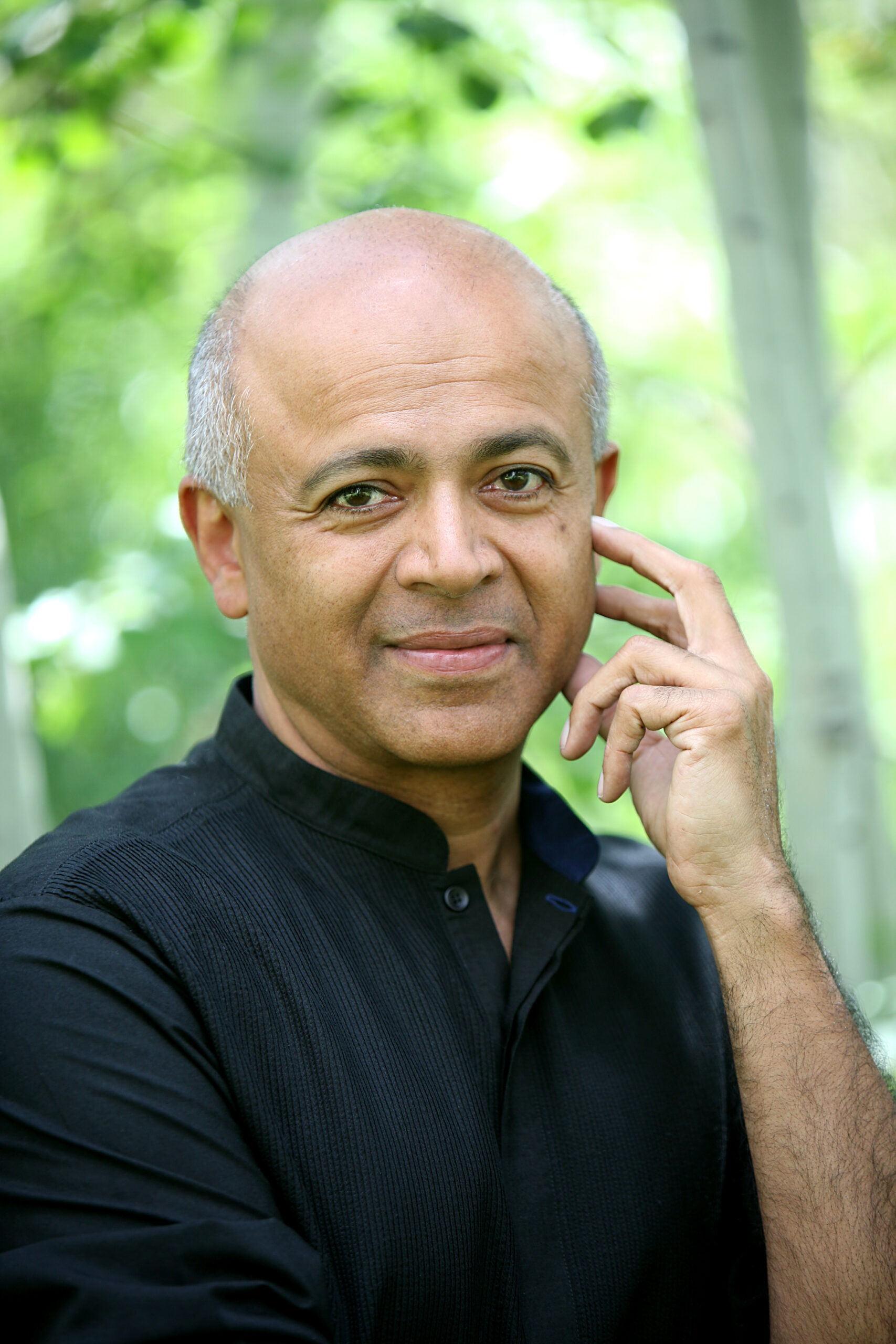Despite being a New York Times bestselling author and National Humanities Medal award winner, Abraham Verghese, MD, MACP, is still a practicing physician and professor of medicine at Stanford University, where he is vice-chair in the department of medicine and director of PRESENCE, a research center exploring the art and science of human connection.
Born in Addis Ababa to expatriate Indian parents, the science and practice of medicine may have been Verghese’s calling as a young medical student in Ethiopia and later in Madras, India, but it has been through the written word that Verghese has garnered widespread fame and reached the largest audiences.
His first book, My Own Country: A Doctor’s Story, is a memoir that chronicles his experience as a physician in the American heartland at the front lines of the AIDS epidemic, and was a 1994 National Book Critics Circle Award Finalist and a Time Best Book of the Year.
“The language of science didn’t begin to capture the heartache of those families and the tragic nature of the story I was living through,” says Verghese, “and so that was when I became a writer. Ever since, my stance as a writer has always been with a very medical lens.”
His following work of non-fiction, The Tennis Partner, published a few years later, was a New York Times Notable Book, and his first novel, the critically acclaimed Cutting for Stone (2009), spent a whopping 117 weeks on the paperback fiction list.
His most recent novel, The Covenant of Water, published this past May (2023), received glowing reviews from Oprah Winfrey and shot straight to the top of the hardcover fiction list in the first week, cementing Verghese’s expertise both as physician and master of the written word.
To Verghese, his twin endeavors of science and storytelling are so fundamentally intertwined that they are nearly indistinguishable. Heralded in the medical community for bringing empathy and healing to the technology of modern medicine—viewing it not just as science but as a calling based on human connection and personal narrative—Verghese will also be awareded the 2023 Writer in the World Prize at the Sun Valley Writers’ Conference this July, due to his illumination of “the profound link between healing, the humanities and storytelling.”
“Medicine, in its own way, really needs to be imaginative,” Verghese says. “You have to really put yourself in the patient’s shoes and try to reconcile the story that they are telling you with your own repertoire of stories and medical history.”
“We seem to forget, but stories are the way we instruct our children from their very earliest days,” says Verghese, who believes that stories help shape us and are just as vital as an adult as they are when we are young.
“Stories have that magical quality of situating us in the world. They also are the only thing that I know that allows us to truly steal time,” says Verghese. “You enter the imaginative world of the story and, although the writer provides the words on the page, you, as the reader, have to bring your imagination. And with this, you enter a world where many generations go by, and, sometimes, even centuries go by. But when you’re done, it’s still Tuesday. That feeling of capturing time is one of the most beautiful things about stories.”
Good fortune is with each of us this year because we, as readers, can now enjoy the lush and exotic geography, mystical scenes, and deeply felt characters spun across the page by Verghese in The Covenant of Water—an 84-chapter saga spanning three generations of family in Kerala, along South India’s Malabar Coast.
The novel explores themes of love and betrayal, medicine and ordinary miracles, the molding of character and the passage of time as one family struggles to come to terms with a peculiar affliction with often devastating results and sometimes miraculous outcomes.


